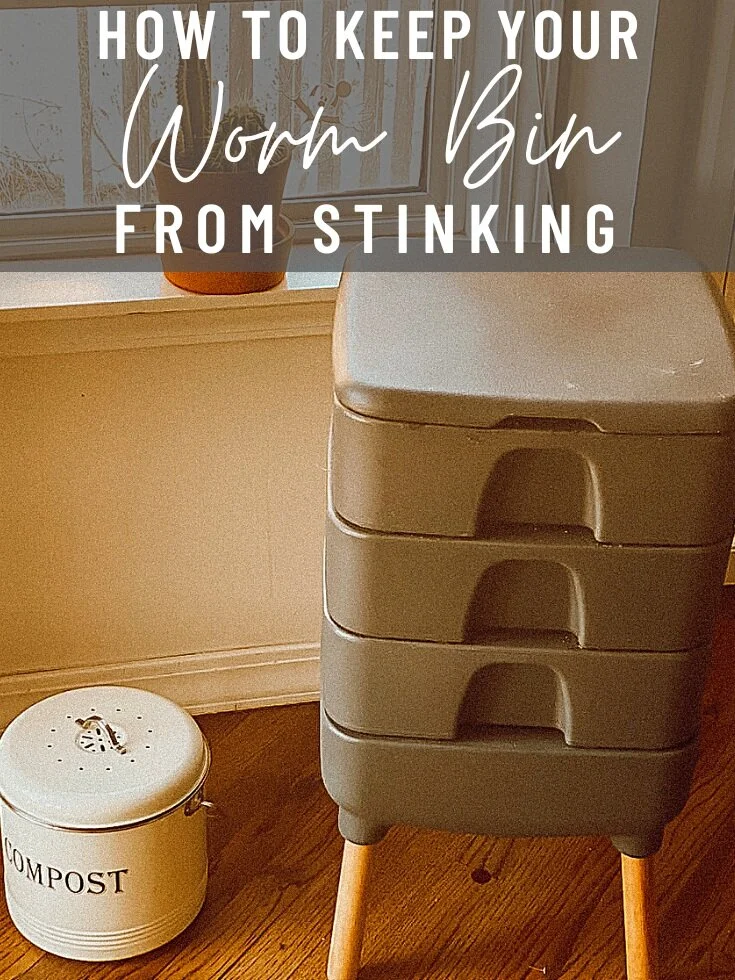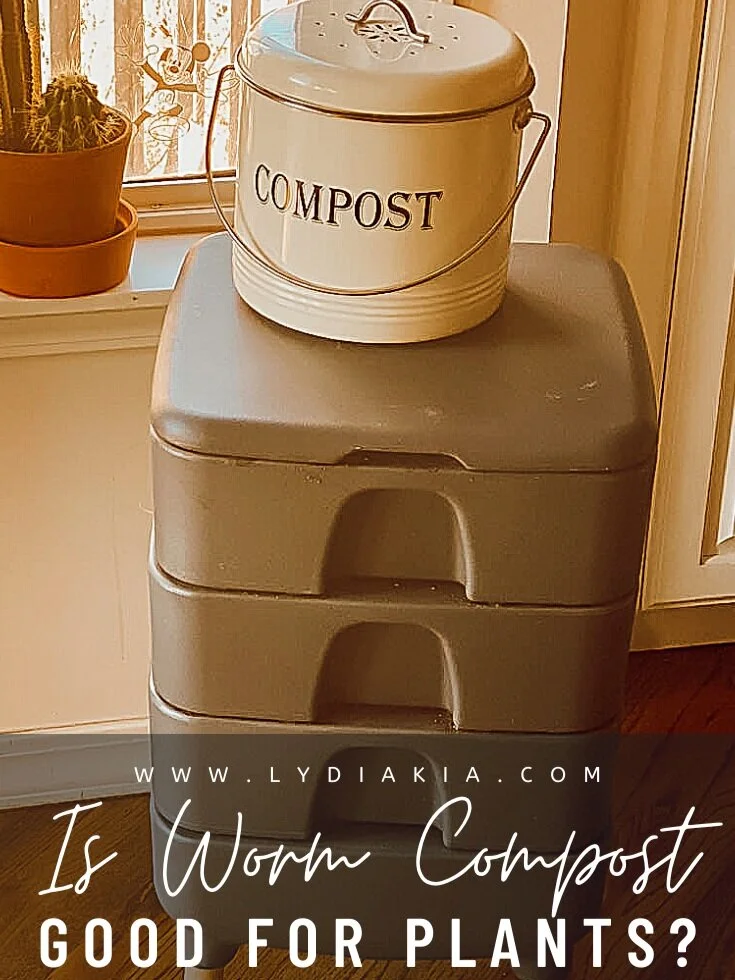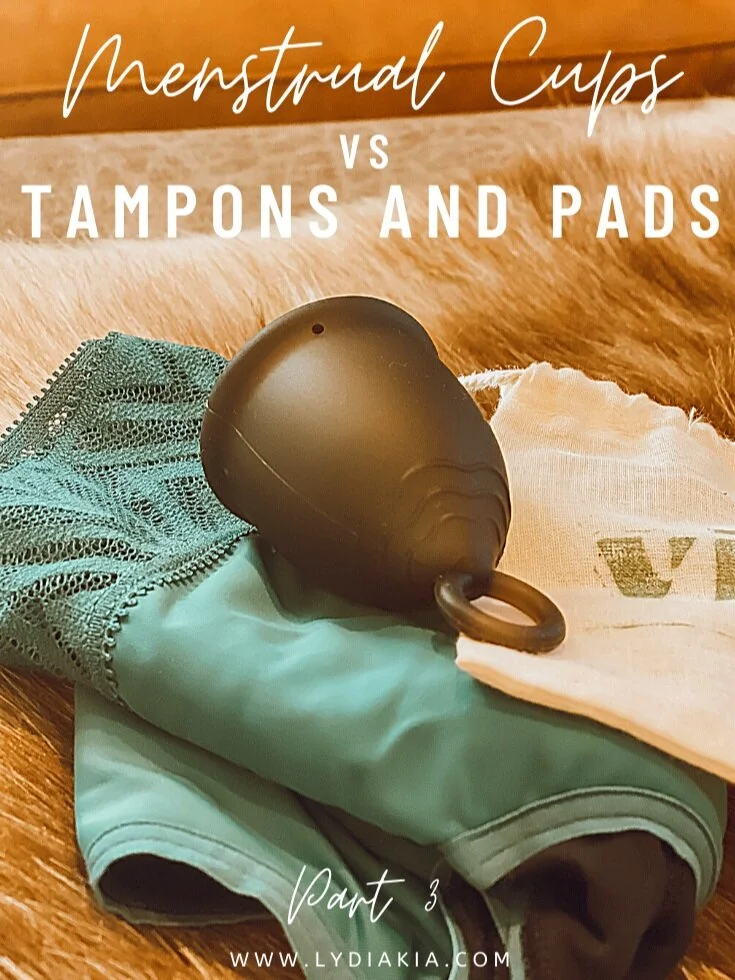How To Keep Your Worm Bin From Stinking
Vermicomposting is a great way to minimize waste, and make fabulous compost for your garden! However, if you’ve never composted with worms before, the possibility of odor might be a bit concerning. This can be an even bigger worry if your worm bin has to be, or is going to be, indoors. Nobody wants a smelly home! Read below to learn how to keep your worm bin from stinking…
Use A Lid
Making sure your worm bin stays covered is not only a great way to control odor, but it’s good for your worms, too! Worms like the dark, so leaving your bin uncovered means they will never come close to the surface to feed all the yummy foods you give them! When this happens, much of your scraps will rot before they become the fluffy black worm castings that will make your garden grow! Rotting scraps means you guessed it, rotten smells. So be sure when you get yourself a worm composting bin, that it comes with a lid. My personal favorite is the Hot Frog Living Composter from Uncle Jim’s Worm Farm!
Make Sure You Have A Worm Blanket
Worm blankets can be homemade from plain black and white newspaper, or organic jute cloth. These can both work as excellent moisture-retaining bedding cover for your worm bin. Placing them on top of your other bedding and scraps locks in moisture and odors, and also keeps your worms happy! A bonus benefit of newspaper and jute is that both are edible for worms, so nothing is wasted.
Control Moisture
A wet worm bin is a stinky worm bin! When too much moisture builds up in your vermicomposter, it can not only drown your worms but also contribute to terrible smells. It is important to check your compost often and make sure it isn’t too wet (or too dry). Take a handful of compost and squeeze it. If a lot of liquid drips out, or it’s dripping before you squeeze, it’s too wet. (If it’s crumbly, it’s too dry.) Think of how a wet and wrung sponge feels. Some moisture, but just enough to be damp--that’s your worm compost sweet spot!
Ensure Air Circulation
Allowing air to flow through your worm bin is very important. Your worms don’t have lungs, but they do breathe and need oxygen! Worms actually absorb oxygen through their skin, so having proper airflow will keep them from suffocating. Ventilation also keeps your worm bin from stinking by preventing moisture buildup; and by letting air in and out, you won’t get smacked in the face with a stink when you open it. Pew!
Feed Your Worms The Right Foods
Never put meats, spicy foods, salt, bones, dairy, oils, processed foods, or excrement of any kind in your vermicomposter. All of these will not only contribute to monstrous smells, but they are also not good compost. You also want to keep in mind the moisture content of what you’re feeding your worms. For example, a lot of wet fruit scraps will produce more wet castings and moisture as they break down. Noticing a theme of making sure you control the moisture in your worm bin?? ;) Kitchen scraps like fruits, veggies, untreated paper, coffee grounds, tea bags, and bread are fine. Just make sure your compost’s pH levels stay around 7, and you won’t have to worry about odor for that reason either!
Always Bury The Scraps
It can seem easier to just toss your scraps on top of your compost, but burying them will work wonders against the stink. Use a food processor to cut up your scraps into small chunks, then bury them about halfway into the bedding. Doing this keeps them from breaking down right at the surface and into the air, and gets them right in the path of your worms. Be sure not to overfeed your worms, however. If they can’t eat your scraps fast enough, they will rot and stink up your bin. Keep extra scraps ready in your freezer, or toss them into an outdoor compost pile if you have it.
I hope that reading this helped you learn how to keep your worm bin from stinking!
Check out my other vermicomposting posts, How To Manage Fruit Flies In Your Worm Bin and Is Worm Compost Good For Plants?
Let me know below if you have any other tips or questions about vermicomposting.
LOVE THIS STUFF? Get my free self care guide







